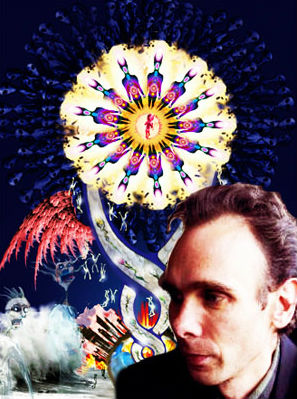Robert Stark and Matthew Pegas discuss the psycho-social origins of sexual fetishes and paraphilias. If you’re one to enjoy particular fetishes you can to your hearts content.
Topics:
The concepts of law, social codes, morality, and natural law
The moralistic tendency to view human nature as good when in fact it’s untamed state is grotesque
The Marquis de Sade, and how he had a more accurate understanding of human nature than the 60’s “Free Love” movement
Roger Devlin’s Sexual Utopia in Power
The connection between sex and struggles for power, status, conflict, and politics
Untamed erotic energy(Eros) as a force for both creation and destruction
Being disconnected from society and it’s social codes also has the same parallel effects
Chuck Palahniuk’s new book Adjustment Day
The Idea of Homonationalism
The psychology and power dynamics behind doms, subs, and switches in BDSM
The role that eroticized rage plays in sexual fetishes and fantasies
The power dynamics of cuckoldry
Sexuality being shaped by traumatic events and the attempt to gain something you lost
The Lolita Syndrome and Michael Jackson’s Peter Pan Syndrome
Ethnic fetishes and preferences
Individual sexual exploration vs. the mass incentivisation of sexual mores
Click Here to download!
This show is brought to you by Robert Stark’s Paintings, Stark Truth TV, and his novel Journey to Vapor Island









